I never cared much for science in school. At all. And, yet, last week I found myself sitting in front of my computer for a day and a half listening to public workshops at the Institute of Medicine on “Ethical and Social Policy Considerations of Novel Techniques for Prevention of Maternal Transmission of Mitochondrial DNA Diseases” — AKA “Three-Parent IVF”
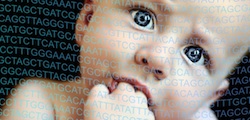 The majority of speakers and panelists were clearly sympathetic to moving forward with this technology here in the states. The presentations were decidedly more scientific than they were ethical. And, I must admit, it was often very difficult to listen to so many otherwise brilliant people discuss the creation and manipulation of human life in such cold, calculating terms, no matter how altruistic their intentions.
The majority of speakers and panelists were clearly sympathetic to moving forward with this technology here in the states. The presentations were decidedly more scientific than they were ethical. And, I must admit, it was often very difficult to listen to so many otherwise brilliant people discuss the creation and manipulation of human life in such cold, calculating terms, no matter how altruistic their intentions.
During last week’s deliberations I was struck by a few things:
1. I was reminded of something I heard Dr. Gil Wilshire with Mid-Missouri Reproductive Medicine and Surgery in Columbia, MO say a few years ago that really got under my skin: “We need three things: a good egg, some good sperm and a good uterus. And we can mix and match these.”
This is the world we live in. The creation of new human life is nothing more than a biological formula — a science experiment, rather than the mysterious fruit of a loving act between husband and wife.
Even when the motivation is to eradicate disease, there’s something profoundly troubling and distasteful to this approach to human procreation. Creating disease-free people (ideally)? The term Brave New World gets thrown around a lot these days, but this really is eerily close to Huxley’s dystopian vision.
2. It was also clear from some of the testimony that nascent human life is being created, manipulated and destroyed far more often than we realize in laboratories all around the world — especially in the U.S. We don’t hear about it because its all pure experimentation and scientists don’t generally talk about their research with the public unless they’ve made some significant discovery.
But, as long as there are absolutely no restrictions on human embryonic experimentation, scientists can and will use nascent human beings as science experiments (and that’s just what children conceived via ‘3-parent IVF’ will be, experiments). If we do nothing they will clone — in fact, they are today!
If there is a silver lining to any of this it’s that, at least in regard to this technology — “three parent IVF” or what you will now see solely referred to by the scientific community as “midochondrial donation” or “midochondrial transfer” (MT) — we still have an opportunity to make our voices heard. To at least try to influence our policy makers before they change the course of humanity forever.
I hate to sound like a broken record, but if you have not done so, yet, I encourage you to let the FDA know how you feel about the genetic modification of future generations. It is my understanding that they will be accepting public comments for a few more months.
Click on “Provide FEEDBACK on this project” at this link or email your response to MitoEthics@nas.edu. If you need help, my friend Rebecca Taylor has posted a sample letter that you can use.
 Finally, if you like Catholic radio, please consider downloading the Real Life Radio app (Apple, Android) for programming from some of your favorite online Catholic personalities. Including: Mark Shea (with regular co-host Simcha Fisher), Allison Gingras, Leticia Ochoa Adams, Leah Libresco, Mike Allen of course, and many more! Then also consider helping them improve their apps to be able to offer you more unique and localized content.
Finally, if you like Catholic radio, please consider downloading the Real Life Radio app (Apple, Android) for programming from some of your favorite online Catholic personalities. Including: Mark Shea (with regular co-host Simcha Fisher), Allison Gingras, Leticia Ochoa Adams, Leah Libresco, Mike Allen of course, and many more! Then also consider helping them improve their apps to be able to offer you more unique and localized content.



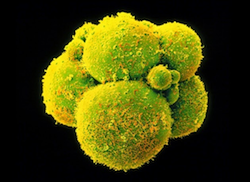 Shortly after I mentioned it as a possibility last week, scientists in China
Shortly after I mentioned it as a possibility last week, scientists in China 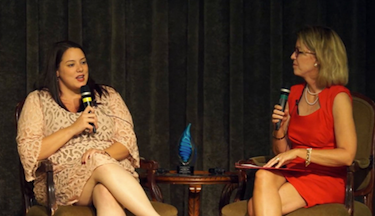


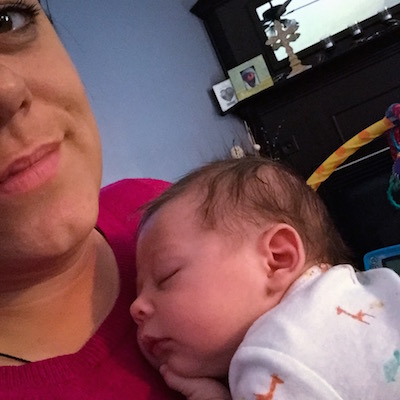
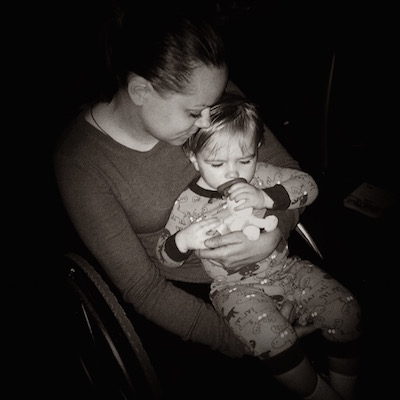
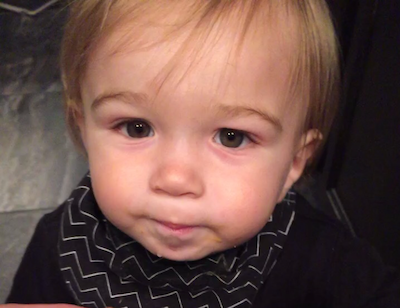
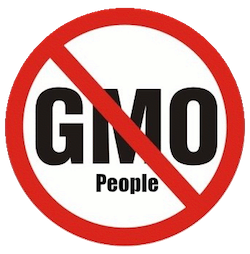 Rebecca Taylor’s latest
Rebecca Taylor’s latest 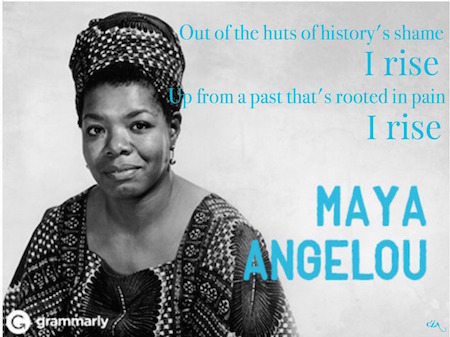
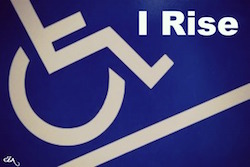 We’ve come a long way from the days when people with disabilities were referred to as “human weeds” and forcibly sterilized, institutionalized,
We’ve come a long way from the days when people with disabilities were referred to as “human weeds” and forcibly sterilized, institutionalized, 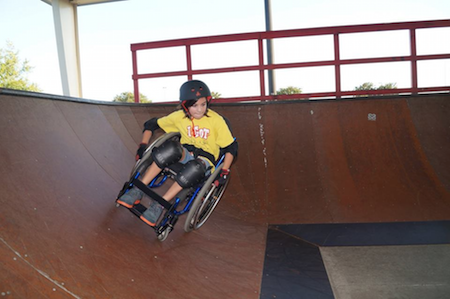
 The majority of speakers and panelists were clearly sympathetic to moving forward with this technology here in the states. The presentations were decidedly more scientific than they were ethical. And, I must admit, it was often very difficult to listen to so many otherwise brilliant people discuss the creation and manipulation of human life in su
The majority of speakers and panelists were clearly sympathetic to moving forward with this technology here in the states. The presentations were decidedly more scientific than they were ethical. And, I must admit, it was often very difficult to listen to so many otherwise brilliant people discuss the creation and manipulation of human life in su In the latest Vice for HBO documentary,
In the latest Vice for HBO documentary,